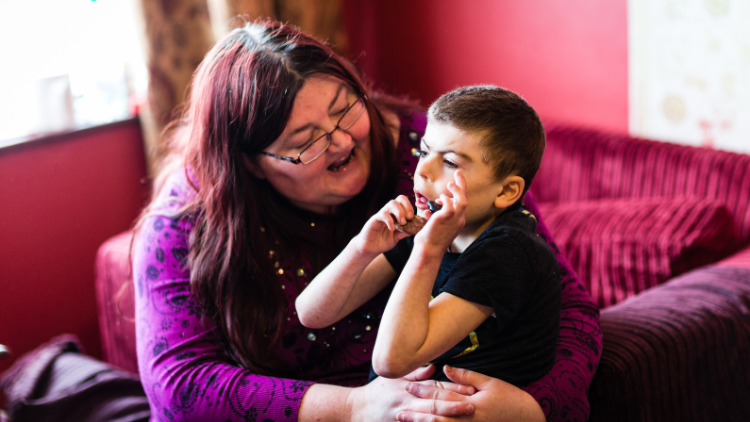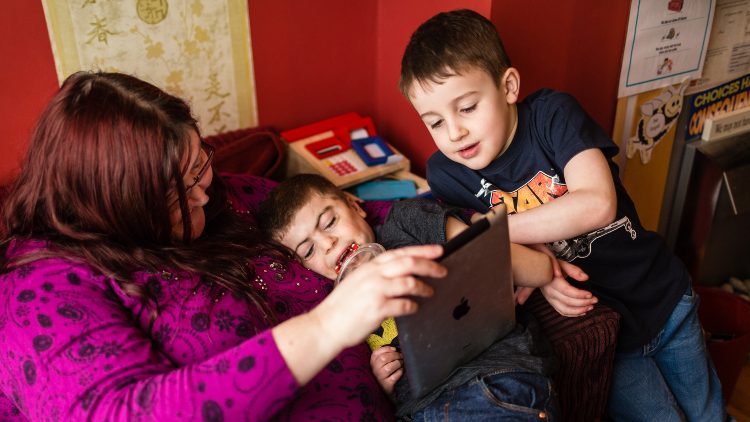Special Educational Needs and Disabilities (SEND)/Additional Learning Needs (ALN)
To effectively meet the needs of children with SEND (Special Educational Needs and/or Disabilities) or ALN (Additional Learning Needs) in wraparound care settings, providers must focus on inclusion, individualisation, and robust safeguarding.

Legal duties and reasonable adjustments
Providers have a legal duty under the Equality Act 2010 to make reasonable adjustments so children with SEND/ALN can access and participate fully in wraparound care. This includes adapting activities, the environment, and resources, and being proactive to remove any barriers to participation.
Planning, assessment, and communication
Before children attend, settings should work closely with families and – where relevant – the school’s SENCo (Special Educational Needs Coordinator)/ALNCo (Additional Learning Needs Co-ordinator) to understand each child’s needs, triggers, and effective strategies. This may involve reviewing Education, Health and Care (EHC) plans/Individual Development Plan (IDP), healthcare plans, or other documentation. Regular meetings with parents/carers, as well as reviewing children’s needs and care practices on at least a termly basis, are essential to ensure provision remains suitable and responsive.
Staffing, ratios, and training
Sufficient and suitably trained staff are crucial. Providers should ensure all staff have appropriate safeguarding training and knowledge to support children with SEND/ALN, including specific strategies, medical needs, and communication methods. Organisations should appoint a designated SENDCo/ALNCo as the point of contact and maintain appropriate staff-to-child ratios to ensure all children’s needs are met safely and effectively.
Inclusive activities and environment
Wraparound care activities should be adaptable and suitable for a wide range of needs, making use of visual supports, sensory resources, and quiet areas where appropriate. The physical environment should be accessible (for example, wheelchair access) and safe for all children. Providers must ensure the culture is welcoming and nurturing, so children with SEND/ALN feel included and valued.

Policies, procedures, and review
Comprehensive SEND/ALN and inclusion policies should be in place, covering health and safety, administration of medicine, behaviour, safeguarding, and partnership with parents. Policies should be reviewed regularly and reflect up-to-date legislative requirements and best practice.
Coordination with stakeholders
When wraparound care is not directly managed by the school, schools retain responsibility to ensure the chosen provider has robust safeguarding and inclusion policies. Clear arrangements for communication between provider and school SENCo/ALNCo are vital.
Local authority support and SEND/ALN Local Offer
Wraparound settings should reference and be included in the SEND/ALN Local Offer to help families find suitable provision. The local authority has a role in supporting providers and ensuring families are aware of their rights and local options.
By taking these steps, wraparound care providers ensure their settings are accessible, safe, and truly inclusive, supporting the well-being and development of all children, including those with SEND and ALN.
Other resources
Understanding Autism – Coram PACEY
England resources
Caring for children with Special Educational Needs (England) – Coram PACEY
Coram PACEY member-exclusive bite-sized course An introduction to supporting children with Special Educational Needs and Disabilities (SEND)
SEND code of practice: 0 to 25 years – GOV.UK
Help for early years providers : Meeting the needs of all children
Wales resources
Additional Learning Needs (ALN) Wales/ Anghenion Dysgu Ychwanegol (ADY) Cymru – Coram PACEY.
Coram PACEY member-exclusive bite-sized course An introduction to supporting children with additional learning needs (ALN)

